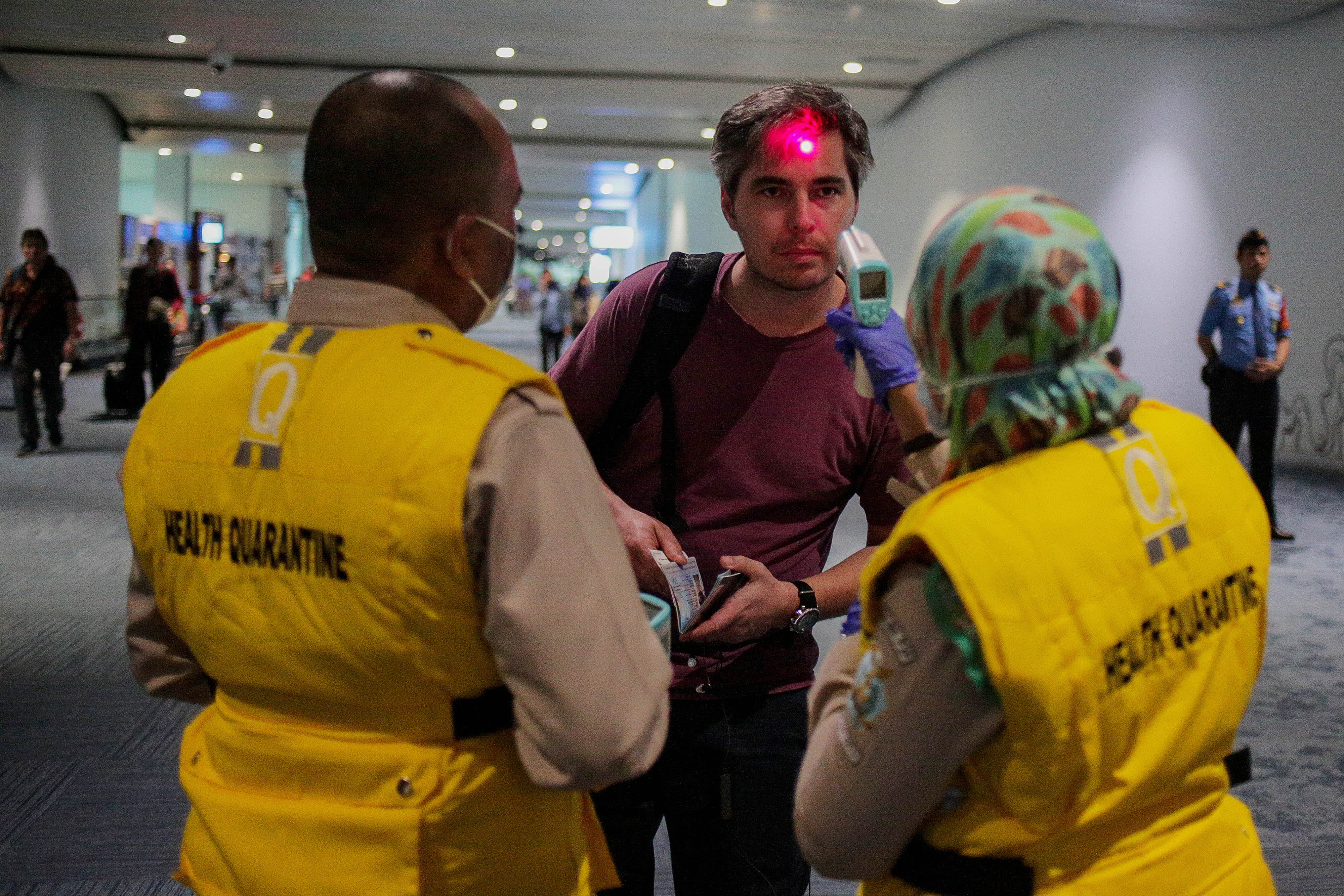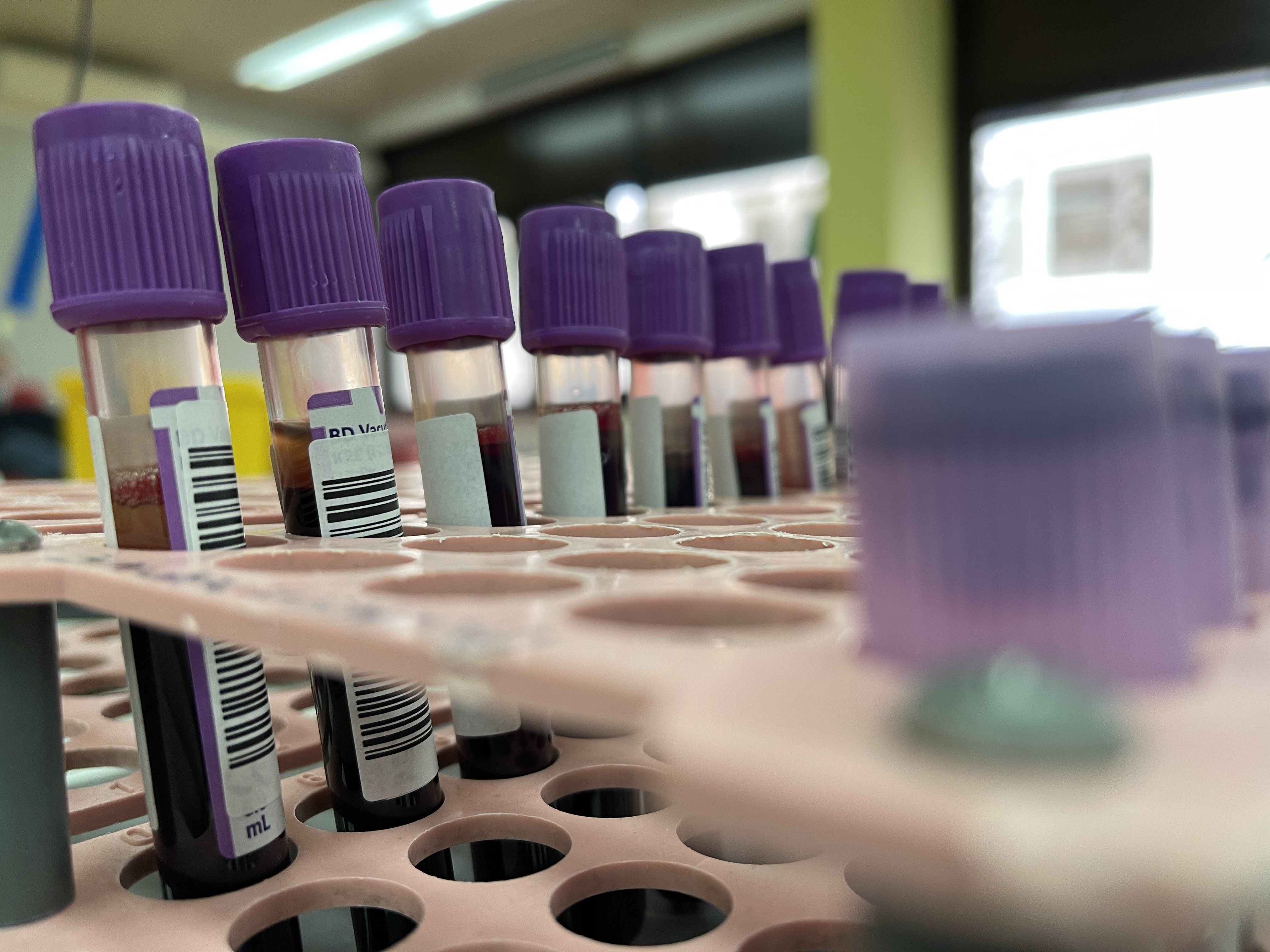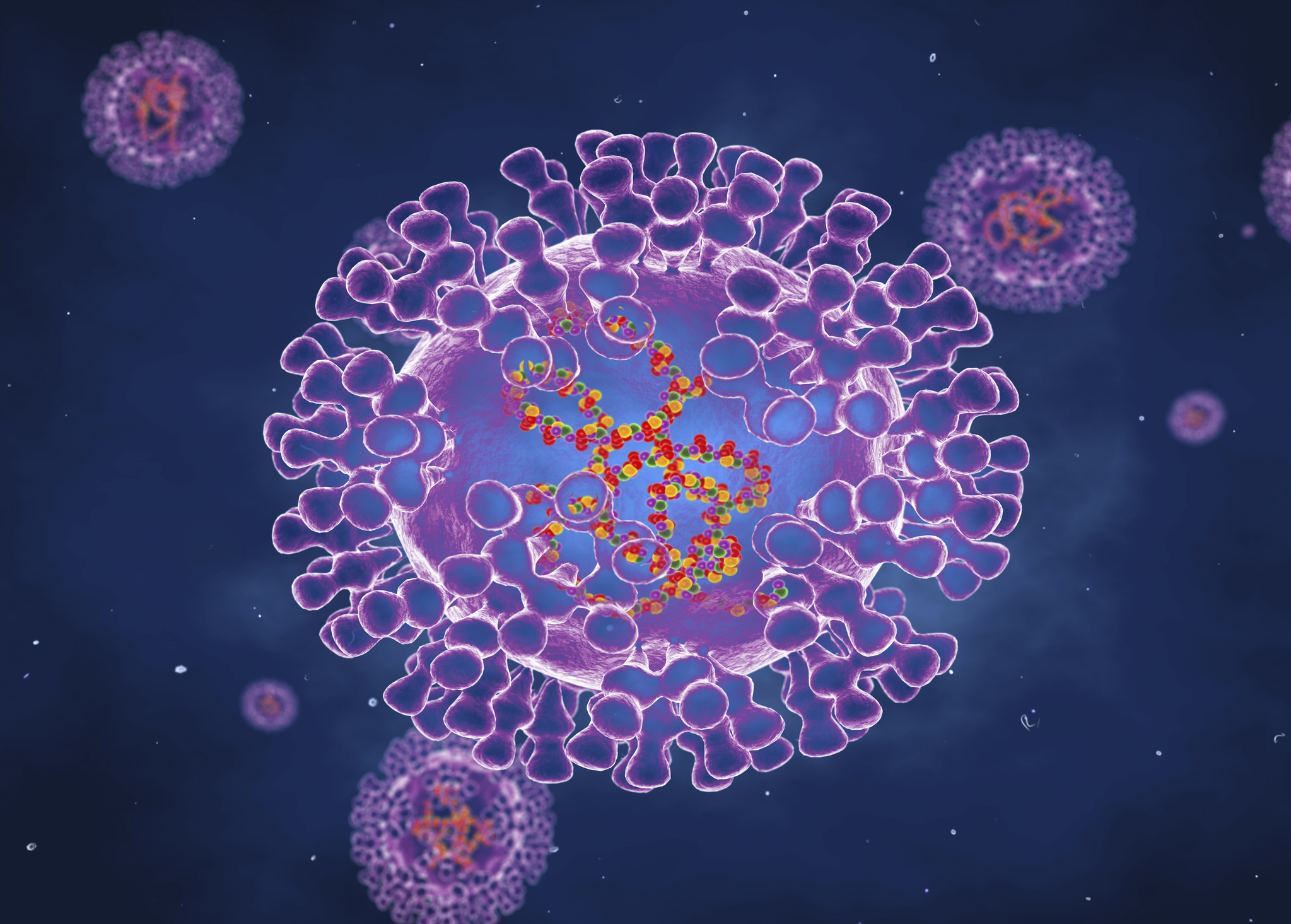It’s the busiest time of the year in one of the busiest spots on Cape Cod, and amid all the fun in Provincetown, there’s growing worry about the spread of monkeypox and what it could mean for seasonal workers.
Sixty-two cases of monkeypox have now been confirmed across New England, according to the latest data from the Centers for Disease Control and Prevention.
That's almost twice as many cases as a week ago, when there were just 34.
WATCH ANYTIME FOR FREE
Stream NBC10 Boston news for free, 24/7, wherever you are. |
The bulk of New England's monkeypox cases are in Massachusetts. The CDC says the state now has 49 confirmed cases, up from 31 last week. The Massachusetts Department of Public Health releases updated monkeypox totals on Thursdays, and confirmed 49 cases.
Last week, Connecticut had only one confirmed case, but the CDC is now reporting that there are nine cases in the state. Rhode Island has also seen an uptick, going from one to three cases over the past week.
Get updates on what's happening in Boston to your inbox. Sign up for our News Headlines newsletter.
New Hampshire is the only other New England state to have a confirmed case, with one. No cases have been reported in Maine or Vermont.
Over 1,000 cases have now been reported across the U.S., including 161 in California, 159 in New York, 152 in Illinois, 35 86 in Washington, D.C., and 72 in Florida.
The World Health Organization said Tuesday that 9,200 cases and three deaths have now been confirmed in 63 countries and territories worldwide. That's up from just over 6,000 cases as of July 4.
The agency declined last month to declare a global emergency in response to monkeypox, but with cases rising, the WHO has announced it will convene an emergency meeting next week to decide whether to issue its highest alert.
"The emergency committee for monkeypox will reconvene next week and look at trends, how effective the countermeasures are, and make recommendations" to countries and communities confronting the outbreak, the WHO's director-general, Tedros Adhanom Ghebreyesus, said in a virtual press conference.
The WHO did not say which day or days the committee will be meeting in emergency session.
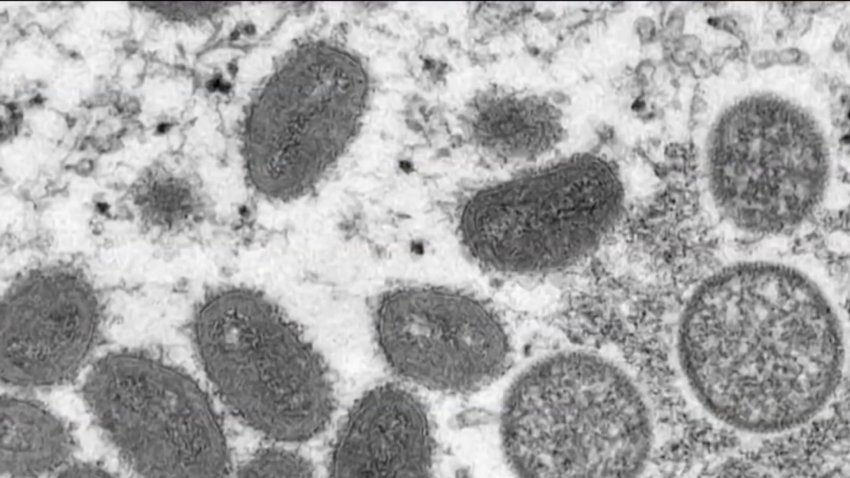
How do you catch monkeypox?
The CDC issued new monkeypox guidance earlier this month as the number of suspected cases nationwide boomed, marking America's largest-ever outbreak of monkeypox, which typically has been confined to other continents.
According to the CDC, monkeypox is spread when you come into contact with an animal or a person infected with the virus. Animal-to-person transmission occurs through broken skin, like from bites or scratches, or through direct contact with an infected animal’s blood, bodily fluids or pox lesions.
Monkeypox can spread from person to person, but it’s less common. Person-to-person spread occurs when you come in contact with the sores, scabs, respiratory droplets or oral fluids of an infected person usually through close, intimate situations like cuddling, kissing or sex.
You can also get monkeypox by coming into contact with recently contaminated materials like clothing, bedding and other linens used by an infected person or animal.
What are the symptoms of monkeypox?
Human symptoms of monkeypox are similar to but milder than the symptoms of smallpox, the CDC says. It presents itself as a flu-like illness accompanied by lymph-node swelling and rash on the face and body.
Monkeypox starts off with fever, headache, muscle aches, and exhaustion. Monkeypox also causes lymph nodes to swell, something that smallpox does not. The incubation period is usually 7 to 14 days but can range from 5 to 21 days.
The CDC is urging healthcare providers in the U.S. to be alert for patients who have rashes consistent with monkeypox, regardless of whether they have traveled or have specific risks for monkeypox. See more information from the travel notice here.
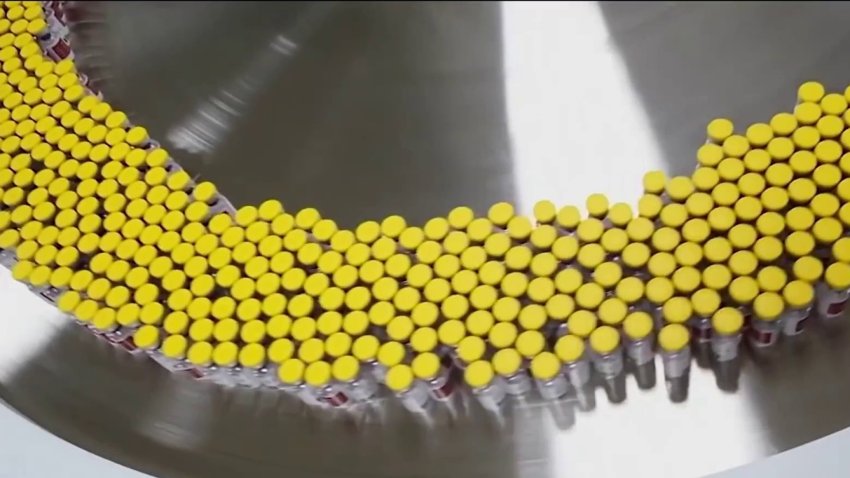
Where to get a monkeypox vaccine in Mass.
The four local clinics currently offering the monkeypox vaccine are the following, according to Massachusetts' monkeypox vaccine site:
- Fenway Health in Boston: To make an appointment, call 617-927-6060 Monday-Friday between 9 a.m. and 5 p.m.
- Massachusetts General Hospital Sexual Health Clinic in Boston: To make an appointment, call 617-726-2748 Monday-Friday between 9 a.m. and 5 p.m.
- Boston Medical Center Infectious Disease Clinic in Boston: To make an appointment, call 617-414-4290 Monday-Friday between 9 a.m. and 5 p.m.
- Outer Cape Cod Health Services in Provincetown: To make an appointment, call 508-905-2888 Monday-Friday between 8 a.m. and 5 p.m.
Who is eligible for the monkeypox vaccine in Mass.?
The Department of Public Health lists the requirements for getting monkeypox vaccine as:
- Known contacts identified by public health via case investigation, contact tracing, and risk exposure assessments (this may include sexual partners, household contacts, and healthcare workers); as well as
- Presumed contacts who meet the following criteria:
- Know that a sexual partner in the past 14 days was diagnosed with monkeypox
- Had multiple sexual partners in the past 14 days in a jurisdiction with known monkeypox
More people may become eligible when more vaccine doses are shipped to Massachusetts, officials say.
What vaccine is available for monkeypox?
People who getting vaccinated will get two shots of the Jynneos vaccine, also known as Imvamune or Imvanex, health officials say. The second dose is given 28 days after the first shot, and people are considered fully vaccinated two weeks after getting the second dose.
There is currently a limited supply of Jynneos in the U.S. Massachusetts’ initial CDC allocation of 2,004 doses was received on July 5. More vaccine is expected to become available in coming weeks.
The CDC has also made available the live replicating smallpox vaccine ACAM2000. However, the agency says this vaccine has a number of characteristics that may make it unsuitable for use in the current context, including considerably greater risk to the recipient compared with Jynneos

